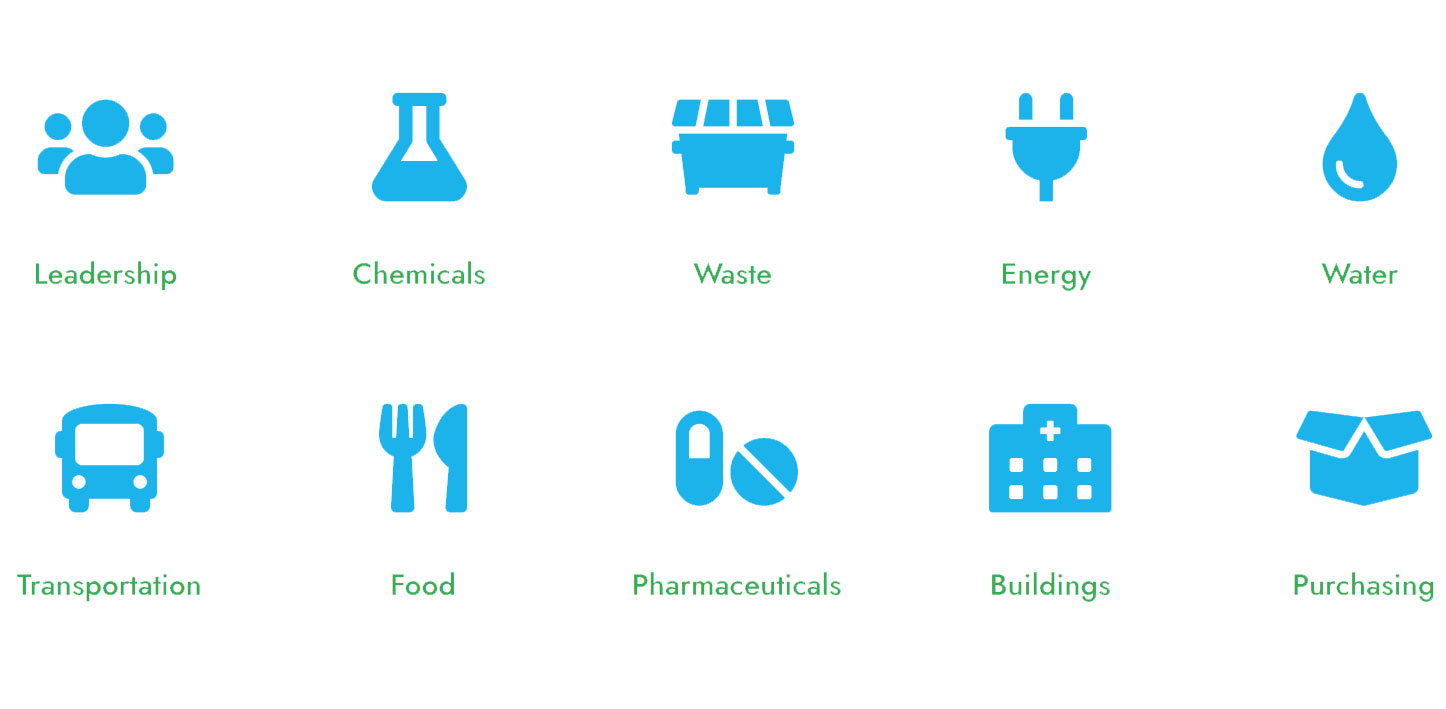About H.E.L.P.
Advocating for the importance of inter-sectoral, collaborative policymaking to address the health impacts of environmental pollution.
Health and Environment Leadership Platform
Public Health Foundation of India (PHFI) in partnership with Health Care Without Harm (HCWH) established Health and Environment Leadership Platform (H.E.L.P.) in 2017. It is the India chapter of HCWH’s Global Green and Healthy Hospitals.
H.E.L.P is envisaged to be a knowledge-sharing and networking platform for hospitals, health care organisations, health systems, nursing associations, nurses, doctors, and individuals uniting and working to reduce the environmental footprint of Indian health care sector and promoting public and environmental health.
H.E.L.P network has more than 80 members representing more than 7700 hospitals and two nursing associations
H.E.L.P is developed with the belief that sustained advocacy from a unified health sector has the potential to drive transformational changes in policy and public opinion. Such an effort is also important to raise and place voices from the health sector on an inter-sectoral issue like the environment. The significant contribution of environmental risk factors for ill health in India has been highlighted through the Global Burden of Disease comparative risk assessment. India faces a high burden of diseases because of environmental degradation and lack of environmental awareness.
Issues like air pollution, access to clean water, and occupational exposures feature among the top ten risks to public health. With air pollution alone contributing to over 2 million deaths and 41 million Disability Adjusted Life Years (DALYs) on an annual basis, a unified voice of the health sector is imperative to tackle the growing environmental burden of disease.


